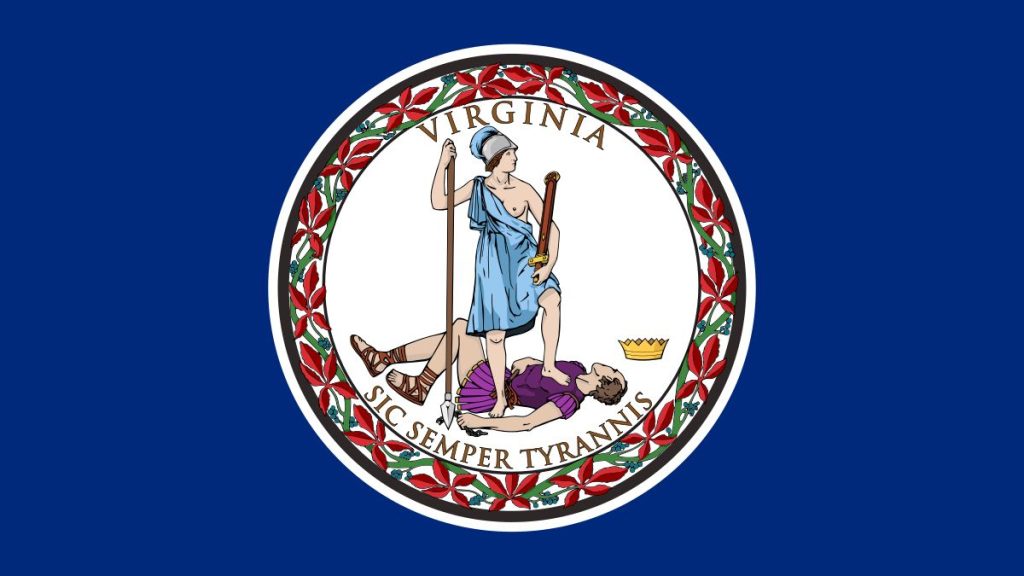Virginia Aims for Unified Casino Regulation by 2027

Virginia is gearing up for a significant shift in its gaming landscape. While other states have established gaming commissions, the state was ahead of the curve when it came to launching a state lottery. Now that commercial casinos and internet gambling are becoming commonplace throughout the United States, Virginia is taking steps to ensure it can keep up with the competition.
By 2027, lawmakers in Virginia want to have established the Virginia Gaming Commission (VGC), a consolidated regulatory agency that would oversee the growing casino business and other forms of gaming in the state. The legally recognized gaming regulator in the state is currently the Virginia Lottery, although the state is trying to simplify its regulations in light of the fast expansion of retail casinos and online sports betting.
A two-year phase-in period will follow the anticipated 2025 approval of the VGC’s creation by the Virginia General Assembly. Except for the lottery, the VGC will regulate several forms of gambling once it is fully functioning, including casinos, online sports betting, charity gaming, and others.
Impact on Casino Operators and Investors
The VGC’s debut presents a thrilling opportunity for casino operators. With a single regulator in place, the state’s gambling industry will have clear and uniform rules to follow, which will streamline operations and maybe attract more investment. The VGC will oversee not only brick-and-mortar casinos but also online sports betting, charitable gaming, and more. This streamlined approach is expected to make the market more attractive to businesses looking to expand their footprint.
Above all else, the establishment of the VGC sends a message to potential investors that Virginia intends to take its gaming sector regulation and sustainable growth seriously. Clearer laws and regulations will let operators concentrate on improving player experiences, expanding their businesses, and innovating.
The potential for increased player protection frameworks and strategies is also likely to influence long-term growth. State Senator Bryce E. Reeves, a strong advocate for the VGC, has even acknowledged that Virginia is overdue for a body dedicated to overseeing problem gambling and ensuring responsible gaming practices.
Earnings from Virginia’s three casinos—in Bristol, Danville, and Portsmouth—totaled $1.12 billion in 2023, solidifying the state’s position as a dominant player in the American casino industry. Regardless, its regulatory framework lags behind those of other states. Establishing the VGC would place the commonwealth in line with states that created dedicated gaming commissions early on, ensuring better oversight and addressing most concerns.



